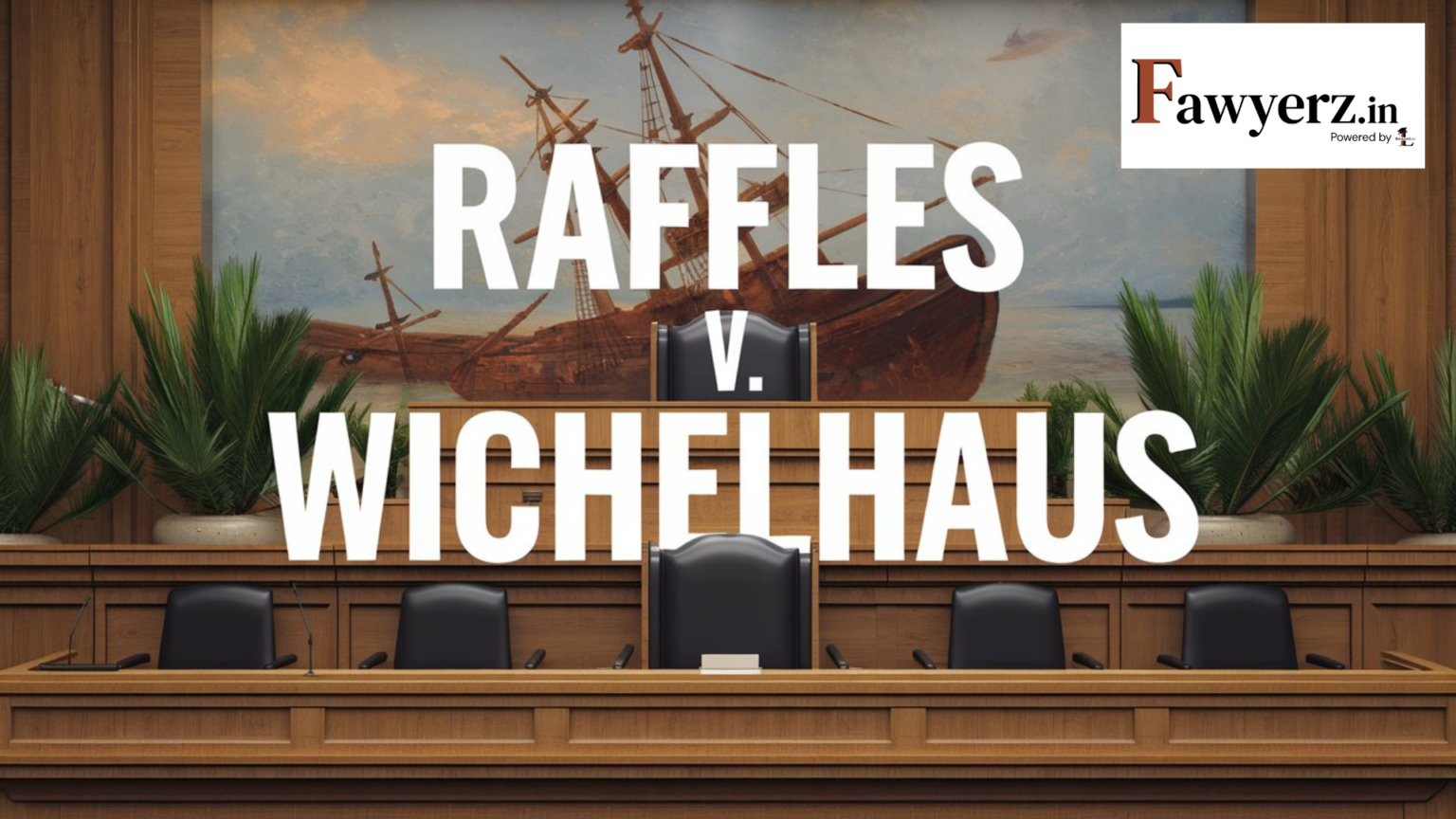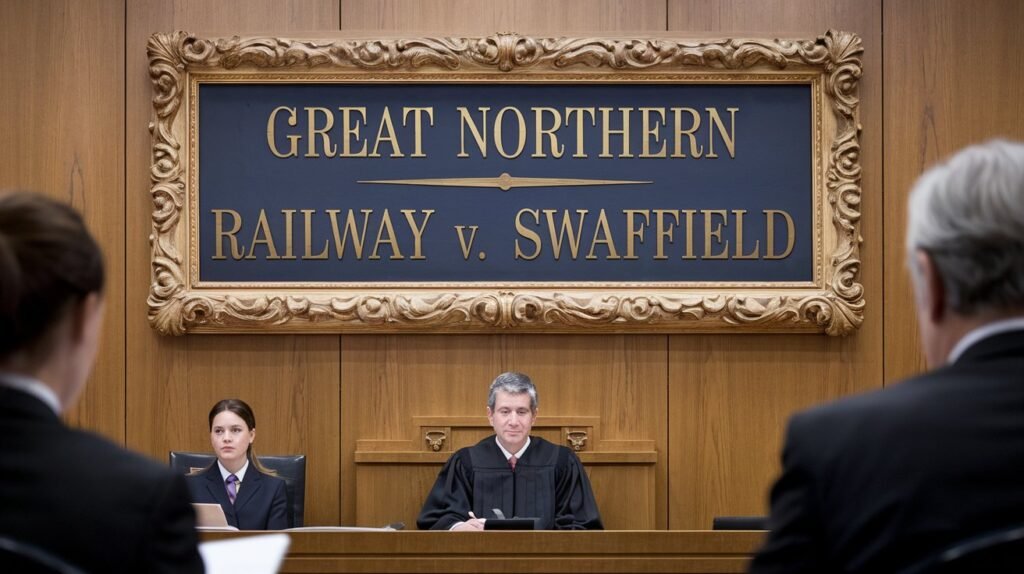Raffles v. Wichelhaus 1864 (Case Summary)

In this case, addressed the issue of mutual mistake in contract law. The case revolved around an ambiguous term in a contract and established the principle that no binding agreement exists when the parties attach different meanings to a material term.
Table of Contents
ToggleFacts of Raffles v. Wichelhaus
- The plaintiff, Raffles, entered into a contract to sell cotton to the defendant, Wichelhaus.
- The contract specified that the cotton would be shipped from Bombay to Liverpool on a ship named “Peerless.”
- Unknown to both parties, there were two ships named “Peerless,” both departing from Bombay to Liverpool, but at different times.
- The plaintiff referred to the December voyage, while the defendant believed the cotton would arrive on the October voyage.
- When the cotton arrived on the December voyage, the defendant refused to accept it, claiming that the contract referred to the October voyage.
- The plaintiff sued for breach of contract
Issues framed
- Whether an ambiguous term in a contract prevents the formation of a binding agreement?
- Whether mutual mistakes regarding a material term renders a contract unenforceable?
Subordinate Court Judgment
The trial court dismissed the plaintiff’s claim, holding that there was no meeting of the minds (consensus ad idem) due to the ambiguity in the term “Peerless.”
The plaintiff appealed, but the ruling was upheld.
Judgment of Raffles v. Wichelhaus
A contract is void if both parties misunderstand a material term in different ways, preventing consensus ad idem.
The court held that the ambiguity regarding the ship “Peerless” prevented the formation of a valid contract. Each party attached a different meaning to the term, and there was no meeting of the minds on a fundamental aspect of the agreement. The misunderstanding was not due to fraud or misrepresentation but a genuine mutual mistake, which made the contract unenforceable.
The court ruled in favor of Wichelhaus, holding that the contract was void due to mutual mistake. Neither party was liable for breach, as no enforceable agreement existed.





